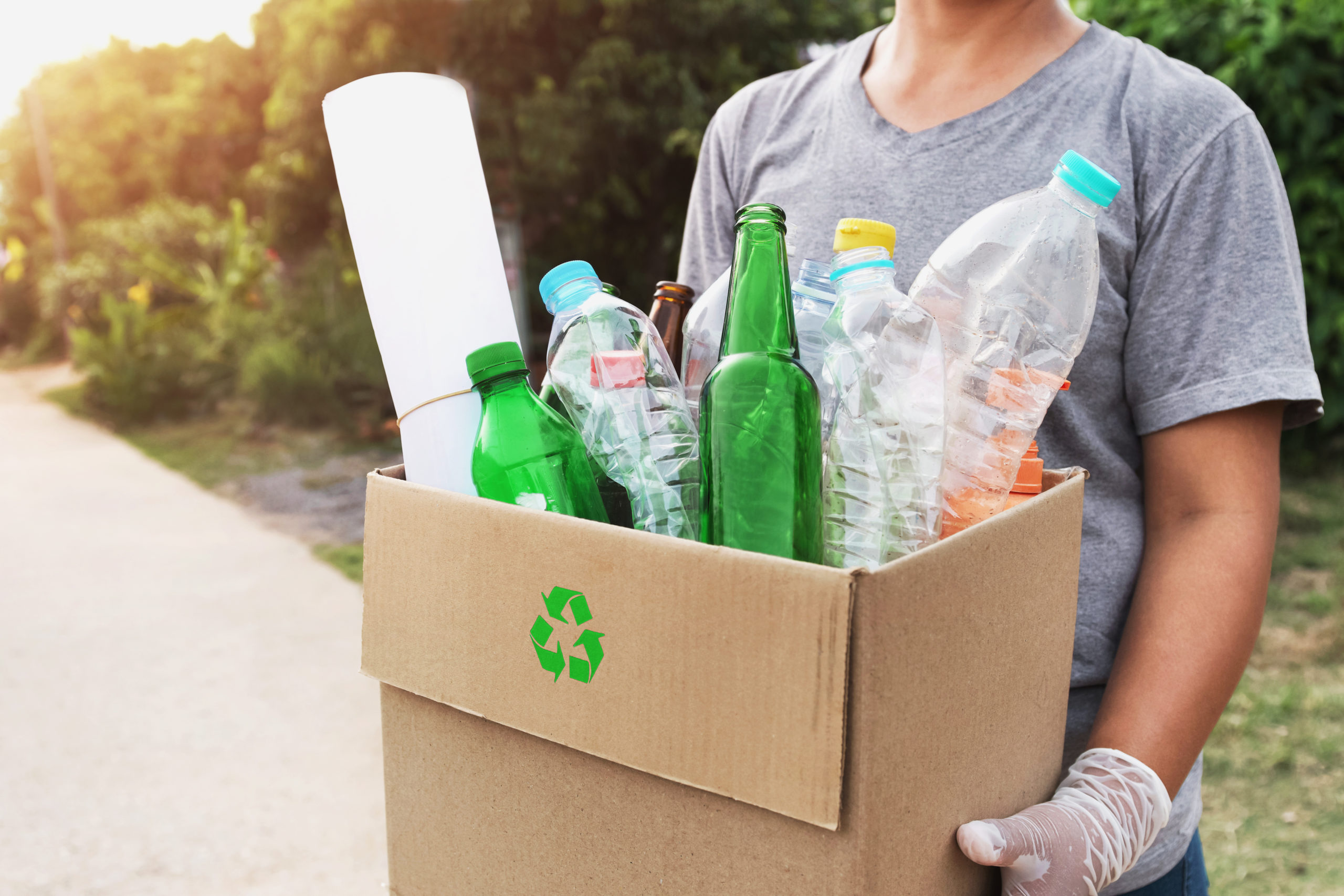Waste control is one of the largest problems the world faces today. In a busy and fast-paced society, the impact of our lifestyle to the environment is often overlooked.
On the flip side, off-grid living raises greater consciousness on how much waste you produce. A life that depends solely on what the environment provides opens up more sustainable choices everyone can learn from.
1. Compost
Composting is a great way to manage organic wastes, especially in remote areas. Food waste like vegetable and fruit scraps and peels, old herbs and spices, tea leaves and bags, used coffee grounds, and even stale bread and cereals, can be composted. For easier collection, it’s best to have a dedicated bin in your kitchen for these.
There are several ways to compost, and one of the easiest is trench composting. Just choose a spot in your garden or backyard, dig a 12- to 24-inch-deep hole, fill in with the collected organic wastes, and cover it up with soil. If you’re living in a dry area, you may occasionally water these spots to help the decomposing process.
Another easy way to compost is building a closed bin. The bin should be at least three by three feet wide, and open below, exposing the compost to a patch of soil. Top of the bin should be covered to prevent animal or insect infestation. You may dump food wastes, as well as other biodegradable materials like shredded papers.
2. Recycle Plastic Waste
For those who live off-grid, reducing the use of plastic is imperative to lessen the home’s carbon footprint. However, since most of the products consumed today are packed in plastic, it seems almost impossible to completely avoid it. Therefore, the next best thing to do is recycling.
Plastic bottles are best for simple do-it-yourself (DIY) projects. With a bit of creativity, you may turn them into small planters, pen holders, and storage for pieces of jewellery and chains.
For those who don’t have time to DIY, there are rubbish removal services that deliver this plastic waste to different facilities for recycling. To learn more about this sustainable and convenient waste management, you may check out https://www.samedayrubbishremoval.com.au/War-On-Waste-Statistics-Infographic.php or similar sites.
3. Reuse Greywater And Rain Water
Setting up a greywater and rainwater collection system is a great way to conserve clean water. If you’re planning on having one for your home, consulting a licensed plumber is a must to avoid any problems.
To avoid possible health risks, only collect greywater from the laundry rinse cycle, shower, and bath. Use the untreated greywater only to water ornamental plants, as using them on vegetations may cause contamination. For fruits and vegetable plants, use rainwater instead.
Furthermore, you may also use bathroom fixtures that are water-efficient. This includes installing low-flow showerheads, and a 2-in-1 toilet basin combo which reuses the water from the basin for flushing. Lower water consumption is an effective way to avoid water wastage.
4. Utilize Reusable Items
Plastic cups, straws, and food containers are some of the most common single-use items that may end up blocking the waterways and eventually polluting the ocean. As an alternative, you may bring your own tumbler, reusable stainless drinking straw, and food containers for takeaways.
These simple changes you make in your lifestyle as a consumer can create a positive difference in the environment.
5. Aim For Sustainable Clothing
Thousands of kilograms of clothing are thrown away every hour in Australia alone. Imagine how they fill up the landfills when they can either be repurposed or donated.
The first step to sustainable clothing is to buy items with great quality. High quality clothes tend to last for years and even decades if taken care of properly. There are tricks to make your clothes last longer such as:
- Following the washing instructions on the label
- Using eco-friendly detergents
- Washing them inside out
- Air-drying
Taking good care of the clothes you have now prevents them from getting worn-out and thrown away. This small effort towards sustainable living can make a huge difference in decreasing the amount of clothes and textiles that pile up in the landfill.
6. Choose Energy-Efficient And High Quality Home Appliances
Some of the hardest wastes to dispose of are old appliances. They’re heavy, bulky, and take up so much space when stored.
To prevent having broken appliances sitting around your home, it’s best to buy high quality ones. It’ll not only reduce the waste but also save your budget.
Another tip we can learn from off-grid living is the use of energy-efficient appliances. Since off-grid homes rely on alternative power sources such as solar systems, home appliances that consume less electricity are the smartest choice.
Take The Step
Committing to a lifestyle that’s intentional when it comes to reducing waste might be quite a struggle in a busy world. Nonetheless, it’s the choice everyone should act upon as a responsible individual, making a positive impact for the future.
